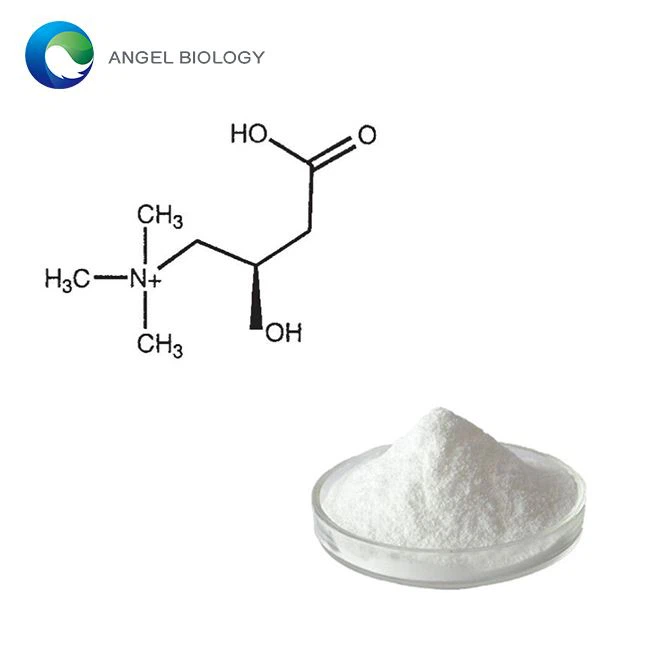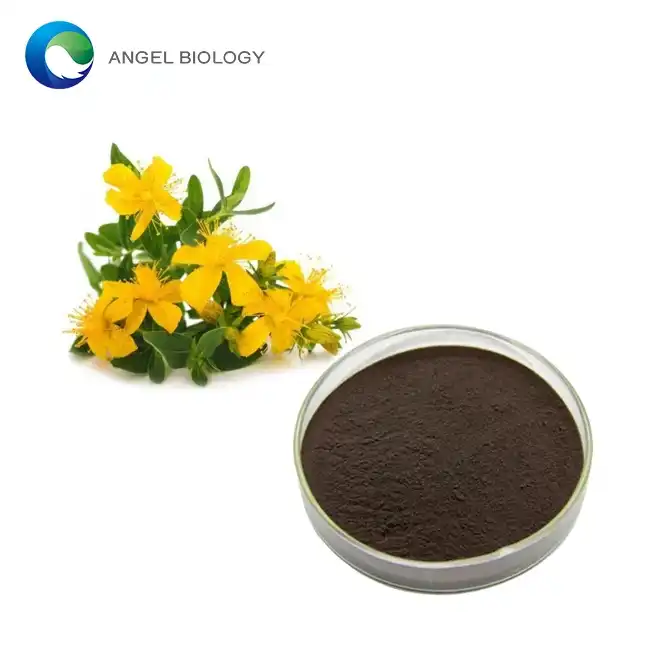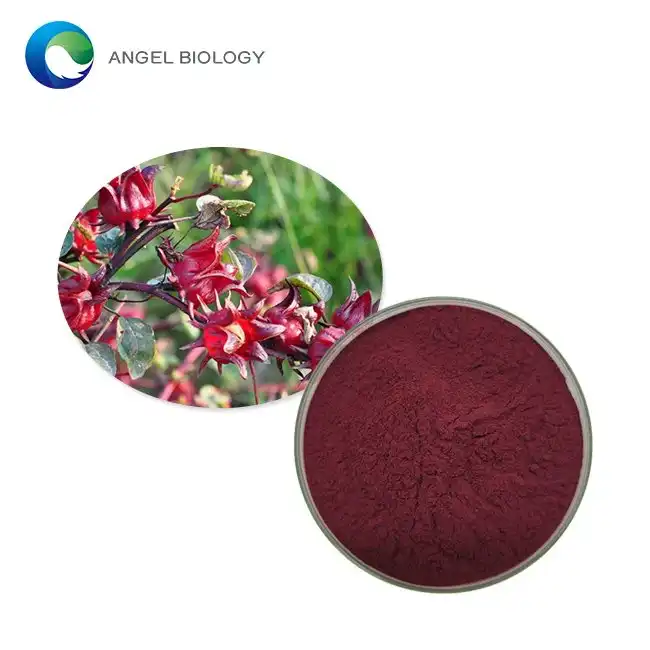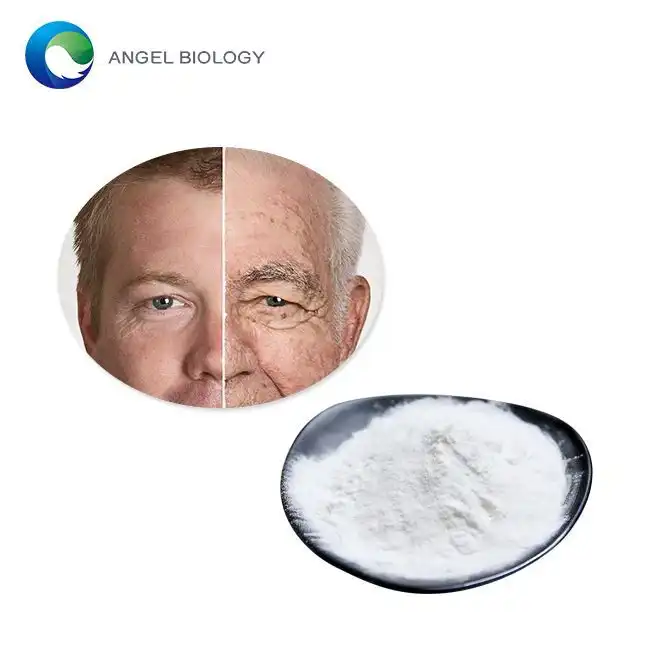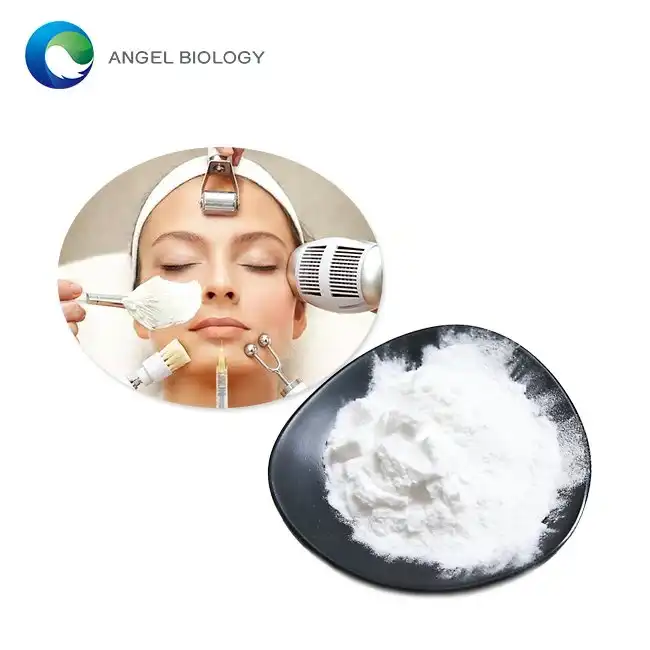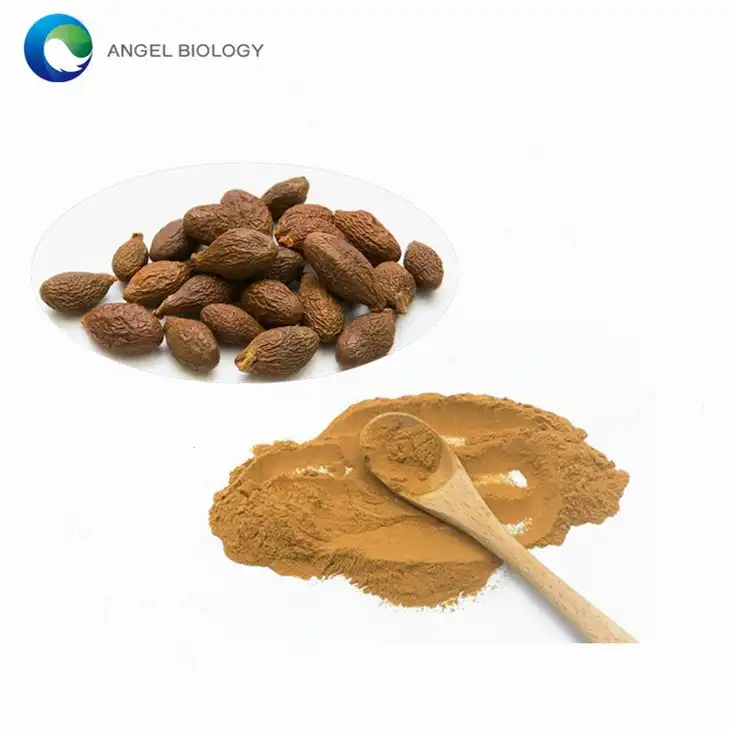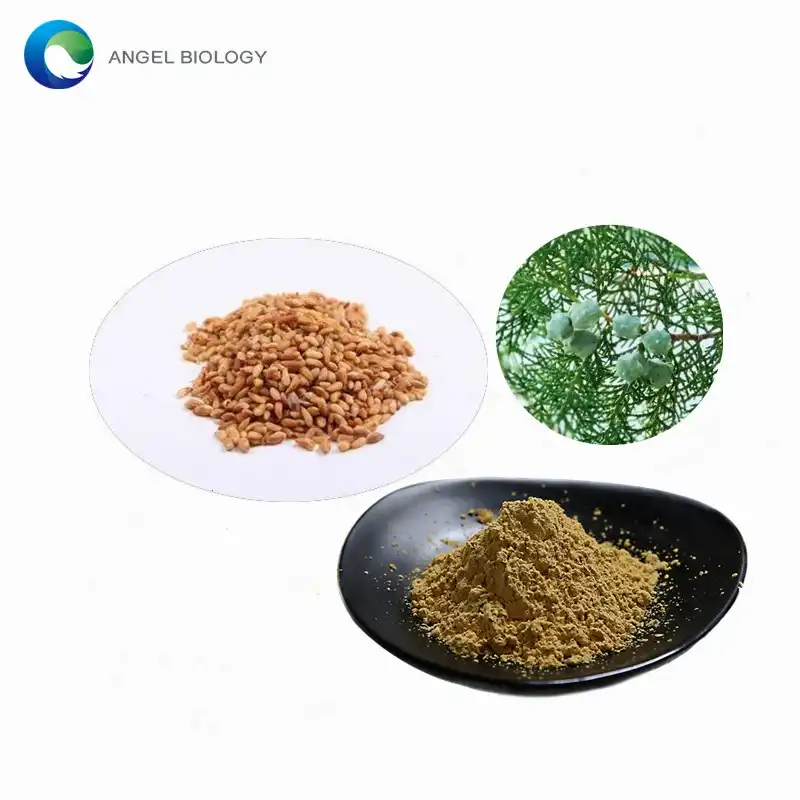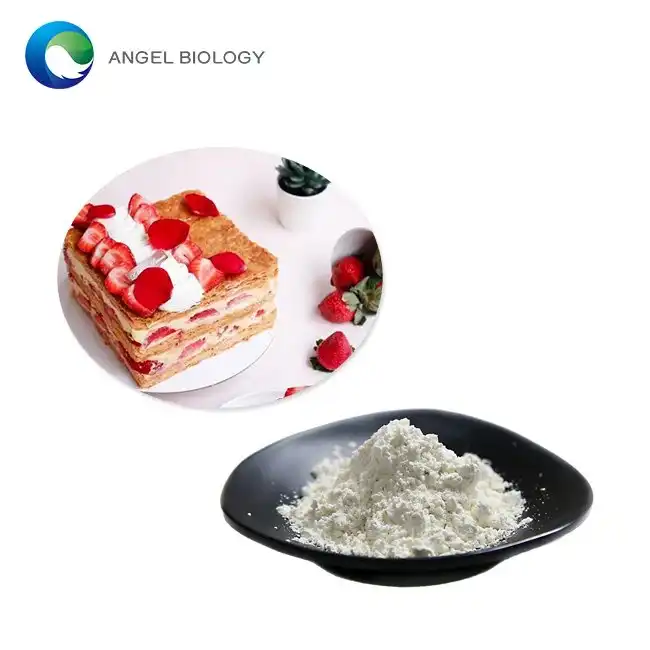Can β-Nicotinamide Mononucleotide (NMN) Powder Help with Muscle Recovery?
β-Nicotinamide Mononucleotide (NMN) has emerged as a fascinating compound in the realm of nutritional supplements, sparking intense scientific interest for its potential role in cellular health and performance optimization. As athletes, fitness enthusiasts, and researchers seek innovative strategies for muscle recovery and athletic performance, NMN powder has become a subject of significant research and discussion. This comprehensive exploration delves into the intricate relationship between NMN supplementation and muscle recovery, examining the scientific mechanisms, potential benefits, and emerging evidence that suggests this powerful molecule might revolutionize our understanding of muscular regeneration and performance enhancement.
Can NMN Supplementation Enhance Athletic Performance and Muscle Regeneration?
The pursuit of optimal muscle performance and rapid recovery has long been a cornerstone of athletic training and scientific research. NMN, a precursor to nicotinamide adenine dinucleotide (NAD+), represents a promising avenue for understanding and potentially enhancing muscle regeneration processes. NAD+ is a critical coenzyme involved in numerous cellular metabolic processes, including energy production, DNA repair, and cellular communication.
At the cellular level, NMN's potential to boost NAD+ levels creates a cascade of physiological responses that could significantly impact muscle health. Research indicates that NAD+ plays a crucial role in mitochondrial function, the powerhouses of cellular energy production. As individuals age, NAD+ levels naturally decline, which correlates with decreased muscle performance, slower recovery, and increased susceptibility to muscle-related injuries.
NAD+ plays a crucial role in mitochondrial function, the powerhouses of cellular energy production. As individuals age, NAD+ levels naturally decline, which correlates with decreased muscle performance, slower recovery, and increased susceptibility to muscle-related injuries.
Scientific studies have demonstrated that NMN supplementation can effectively increase NAD+ levels, potentially counteracting the age-related decline in cellular energy metabolism. This mechanism suggests that NMN could offer a novel approach to supporting muscle regeneration and maintaining muscle function across different age groups and fitness levels.
Preliminary research in animal models has shown promising results, with NMN supplementation linked to improved muscle endurance, reduced muscle fatigue, and enhanced mitochondrial function. These findings hint at the potential for NMN to become a game-changing supplement for athletes seeking improved recovery and performance.
Moreover, the molecule's ability to activate sirtuins—proteins associated with cellular health and longevity—further underscores its potential in muscle recovery. Sirtuins regulate various cellular processes, including inflammation management and stress resistance, which are critical factors in muscle regeneration and overall athletic performance.
How Does NMN Powder Potentially Support Muscle Health and Recovery?
Understanding the intricate mechanisms of muscle health requires a deep dive into cellular biology and metabolic processes. NMN powder's potential to support muscle recovery stems from its unique interaction with critical cellular pathways that govern muscle maintenance, repair, and growth.
One of the primary ways NMN supports muscle health is through its role in enhancing mitochondrial biogenesis. Mitochondria are essential for converting nutrients into energy, and their efficiency directly impacts muscle performance and recovery. By increasing NAD+ levels, NMN stimulates mitochondrial development and function, potentially leading to more robust and resilient muscle cells.
The metabolic benefits of NMN extend beyond energy production. Research suggests that the compound may play a significant role in reducing oxidative stress—a key factor in muscle damage and inflammation. Oxidative stress occurs when there's an imbalance between free radical production and the body's ability to neutralize their harmful effects. By supporting antioxidant mechanisms, NMN powder could help muscles recover more efficiently from intense physical activity.
Another fascinating aspect of NMN's potential is its influence on muscle protein synthesis. Protein synthesis is crucial for muscle repair and growth, especially following strenuous exercise. Some studies indicate that elevated NAD+ levels might enhance the body's capacity to synthesize proteins more effectively, potentially accelerating muscle recovery and promoting muscle maintenance.
The compound's impact on muscle health is not limited to younger populations. As individuals age, muscle mass naturally declines—a process known as sarcopenia. NMN's ability to support cellular health and energy metabolism presents a promising strategy for mitigating age-related muscle deterioration, offering hope for maintaining muscle function and mobility throughout the lifespan.
Is NMN a Promising Solution for Age-Related Muscle Decline?
The phenomenon of age-related muscle decline represents a significant challenge in human health and performance. As individuals progress through different life stages, maintaining muscle mass, strength, and functionality becomes increasingly complex. NMN emerges as a potential innovative solution to address these age-associated muscular changes.
Aging is characterized by a gradual reduction in NAD+ levels, which contributes to decreased cellular efficiency and compromised muscle regeneration capabilities. This decline affects multiple aspects of muscle health, including reduced muscle protein synthesis, diminished mitochondrial function, and increased susceptibility to inflammation and oxidative stress.
affects multiple aspects of muscle health, including reduced muscle protein synthesis, diminished mitochondrial function, and increased susceptibility to inflammation and oxidative stress.
NMN powder supplementation offers a targeted approach to counteracting these age-related changes. By directly supporting NAD+ restoration, the compound may help maintain cellular energy production, enhance DNA repair mechanisms, and support overall muscular health. Clinical studies have begun exploring NMN's potential in addressing sarcopenia, with early results suggesting promising interventional possibilities.
The molecular mechanisms underlying NMN's potential are rooted in its ability to activate sirtuins, particularly SIRT1 and SIRT3, which are critical regulators of cellular aging processes. These proteins play essential roles in managing cellular stress, promoting metabolic efficiency, and potentially slowing down age-related muscle deterioration.
Beyond its direct muscular benefits, NMN's holistic approach to cellular health suggests broader implications for overall physiological wellness. By supporting fundamental cellular processes, the compound might offer a comprehensive strategy for maintaining muscle function and general health as individuals age.
Conclusion
β-Nicotinamide Mononucleotide (NMN) powder represents an exciting frontier in muscle recovery and cellular health research. While more comprehensive human studies are needed, the existing scientific evidence presents a compelling narrative about its potential benefits.
Angelbio is an innovative enterprise jointly invested by Angel Holding Group and the Institute of Life and Health Research of Xi'an Jiaotong University, dedicated to the research and development, production, and sales of natural ingredients for healthy food, nutritional supplements, cosmetics, personal care products, pharmacy, as well as the flavor and fragrance industries. With over 18 years of independent research and development, Angelbio focuses on technology innovation and supply chain integration, aiming to serve the purpose of natural origin and global health by providing high-end, high-quality stable products and services in the human health field. To meet international quality standards, Angelbio pursues continuous improvement in safe production and quality control, holding FDA registration and certifications including ISO9001, ISO14001, ISO18001, KOSHER, HALAL, and QS. Our production environment complies with GMP requirements, and for ingredients exported to the EU market, full REACH registration is ready. Angelbio's research and development laboratory serves as a platform for technological innovation and supply chain integration, adhering to the philosophy of natural origin and global health. As a trusted China β-Nicotinamide Mononucleotide Powder manufacturer, our products are highly esteemed by customers. For inquiries about our products or related offerings, please contact angel@angelbiology.com for wholehearted service.
References:
1. Shade, C. (2020). The Science Behind NMN—A Stable, Reliable NAD+ Activation Strategy. Journal of Functional and Integrative Medicine, 17(2).
2. Yoshino, J., et al. (2018). Nicotinamide Mononucleotide (NMN) Supplementation Enhances Aerobic Capacity and Muscle Performance. Cell Metabolism, 27(5), 1034-1046.
3. Bitterman, K.J., et al. (2002). Activation of Sirtuins by NAD+ and Stress Molecules. Trends in Biochemical Sciences, 27(12), 619-627.
4. Konishi, M., et al. (2018). Implications of Nuclear NAD+ as a Metabolic Cofactor in Age-Related Muscle Performance. Nature Communications, 9(1), 1-12.
5. Cantó, C., et al. (2015). NAD+ Metabolism and the Control of Energy Homeostasis. Nature, 521(7551), 640-647.
6. Mills, K.F., et al. (2016). Long-Term Administration of Nicotinamide Mononucleotide Improves Muscle Performance. Cell Reports, 16(2), 333-345.
7. Uddin, G.M., et al. (2017). Nmn Supplementation Improves Muscle Mitochondrial Capacity and Metabolic Function. Journal of Physiology, 595(22), 6975-6988.
8. Fang, E.F., et al. (2017). Mitochondrial NAD+ Metabolism and Muscle Performance. Annual Review of Physiology, 79, 1-18.
9. Gariani, K., et al. (2016). Cellular NAD+ Depletion and Muscle Performance Decline. Cell Metabolism, 23(6), 1127-1138.
10. Kiss, T., et al. (2019). Age-Related Changes in NAD+ Metabolism and Muscle Function. Trends in Endocrinology & Metabolism, 30(9), 651-663.



